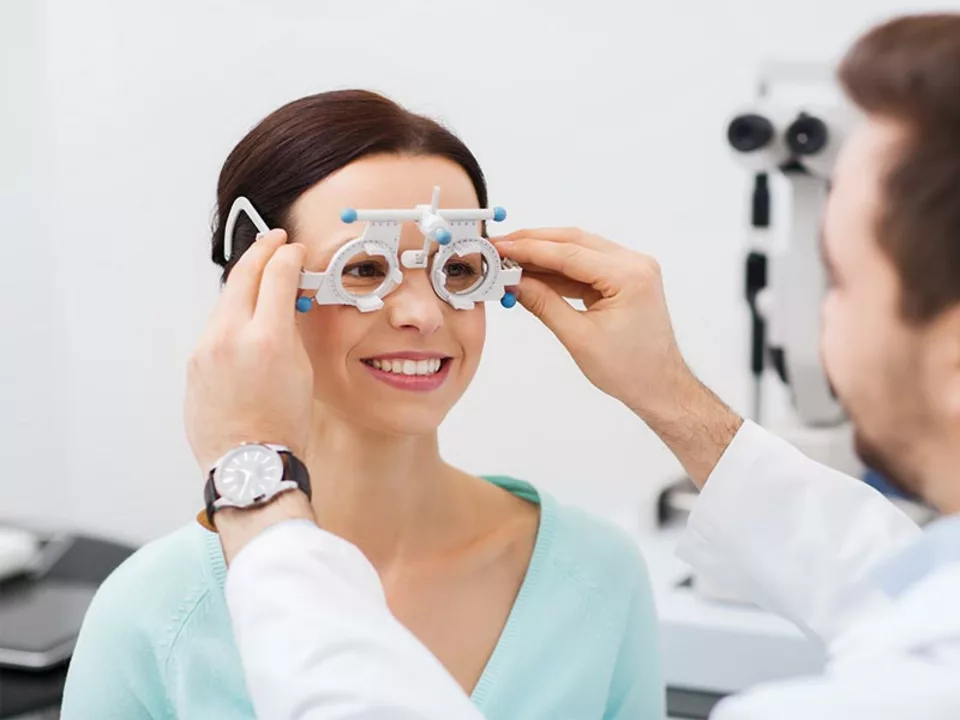Eye health made simple: what to do today
Worried about your eyes? Good — paying attention now will save trouble later. Nearly half the world is projected to be myopic by 2050, and lifestyles with lots of screen time are a big part of that. The good news: small daily habits cut risk, ease strain, and keep your sight sharp.
Daily habits that help
Start with the 20-20-20 rule: every 20 minutes, look at something 20 feet away for 20 seconds. It resets your focus and reduces digital eye strain. Blink more when using screens — people blink less while concentrating and that causes dry, irritated eyes. Keep screens at arm’s length and slightly below eye level to cut glare and neck strain.
Light matters. Avoid working in a dark room with a bright screen. Use even, soft ambient light and reduce harsh overhead bulbs. For outdoor time, wear sunglasses that block 100% UVA and UVB — sun damage adds up and speeds cataracts and macular damage.
Nutrition, sleep, and supplements
Your eyes need good fuel. Eat leafy greens (spinach, kale), colorful veggies, and fish high in omega-3s. Lutein and zeaxanthin from food or a trusted supplement help macular health; talk to your doctor before starting any pills. Sleep matters too — lack of sleep worsens dry eyes and blurry vision.
Don’t assume “eye vitamins” are always needed. Supplements can help if your diet lacks key nutrients or if you have specific risks, but they’re not a substitute for a healthy diet and proper eye care.
Manage blood sugar and blood pressure. Diabetes and hypertension are two leading causes of vision loss. Regular check-ups and good control of these conditions protect tiny blood vessels in the retina.
If you wear contacts, follow cleaning and replacement rules. Never sleep in contacts unless your doctor okays the brand for overnight use. Infections from poor lens care can threaten vision fast.
Know warning signs that need urgent care: sudden loss of vision, flashes of light, a curtain or shadow across vision, sudden double vision, or severe eye pain. Those are not things to wait on — get medical help right away.
Get regular eye exams. Adults should see an eye doctor every 1–2 years or as recommended. Children need checks early — catching refractive errors or amblyopia early changes outcomes. Ask about baseline retinal photos if you have diabetes or a family history of retinal disease.
Want to find care or medications online? Use reputable sources, check pharmacy reviews, and confirm prescriptions. If something seems too cheap or the site won’t verify credentials, move on. Good eye care combines smart daily habits with timely professional checks — that keeps your vision doing its job for years to come.

